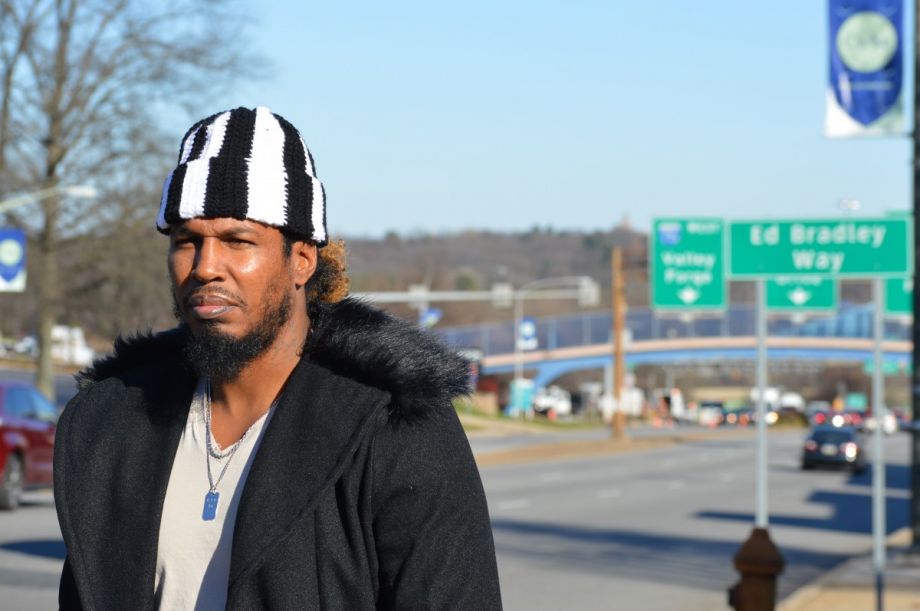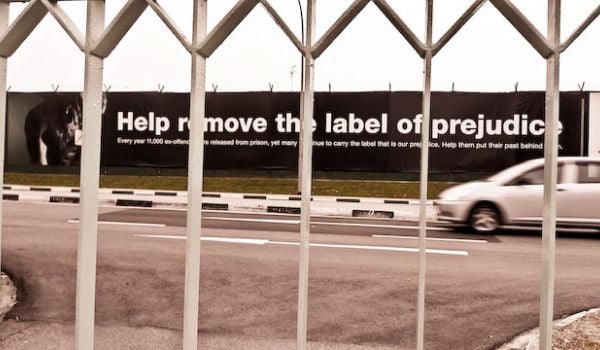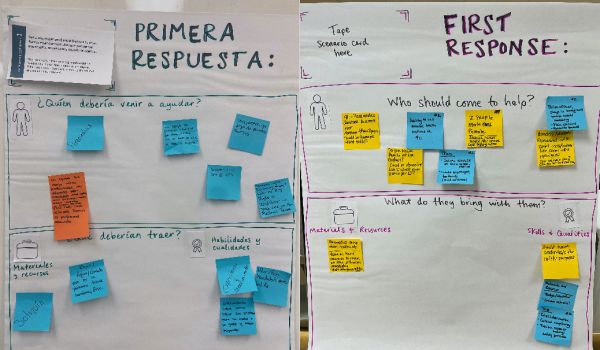Ardrick Butler lost count of how many times his barbershop chair doubled as a therapy couch.
The former barber and stylist of Philly’s Badd Boy Cuts located at 54th and Market, just underneath the westbound side of the Market-Frankford El line, was a regular destination for Black men and women from all over the city. But in addition to dishing out fresh fades and close shaves, Butler, 37, was no stranger to routinely doling out advice.
“I’ve heard it all,” said Butler, who left the professional barber life to start his own company. “People want to tell you about their love life, their kids, money problems, whatever. It’s like you get them in the chair, put them in vulnerable positions and they feel like they can trust you. I mean if I let a complete stranger put a blade to my neck, I suppose I’d trust them too.”
Historically, the barbershop has been the meeting ground for Black men and women to congregate and self analyze each other. Just ask rapper Ice Cube who’s Barbershop series of films grossed a total of $192 million at the box office. The scenario is a relatable one as the place where people of color, specifically Black men go for advice to whatever ails.
But while a trusted barber can dish out advice, it’s not the advice of a mental health professional, a place where Black people don’t readily congregate. The reason? A triad of underlying issues steeped in racism leading to a deadly cycle that find more and more people of color who would have benefitted from early intervention either in behind bars labeled as mentally unstable, or worse, finding an untimely death.
Case in point is the October shooting of Cobbs Creek man Walter Wallace, Jr., known to suffer from mental health issues but still shot dead by police, who visited Wallace twice earlier in the day before firing multiple shots, killing him on the third and final encounter.
The shooting – and subsequent riots and looting in the days that followed – were steps from Butler’s old shop in a neighborhood often forgotten by the powers that be.
“It’s fucked up what happened to him,” said Butler. “They knew the [dude] had mental [health] problems, why couldn’t someone be there to talk him down? I’m not going to sit here and say a big dude like he was coming at you with a knife isn’t terrifying, but to me that whole event could’ve been avoided. That’s what I think the block got so mad about.”
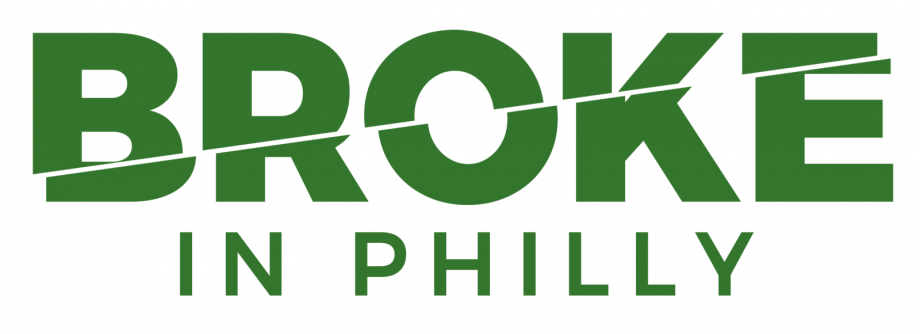
“In my opinion, people that are responsible to protect and serve the public should be held to a higher standard,” said Frantz Jean-Baptiste, a couples and family therapist specializing in the Caribbean-American community. Baptiste, works for Oshun Family Center in Jenkintown, an organization committed to fighting the stigma of mental health issues. “It takes longer for a barber to train to cut hair than to become a police officer. The police force should focus on training their deputies more efficiently to respond to crisis situations instead of this ‘shoot first, assess later’ modality.”
‘Bred to believe they are bulletproof’
Sadly, the historical nature of Black and Brown people dating back to days of enslavement and oppression has created this inherent idea that people of color should praise themselves and be praised for their resilience. The idea that the Black man needs to portray not just physical fortitude but also mental toughness is a notion steeped in history.
A history of enslavement, oppression, segregation and racism, the latter of which is rampant in today’s society. Hardened by the layers of trauma endured over time, many people of color today view taking care of their mental health by seeking help involuntarily as a sign of weakness or being “soft.”
“There’s something inherently wrong with the notion that being strong means you’re able to deal with a lot of pain,” said Tasnim Suliaman, a licensed marriage and family therapist and the founder of Black Men Heal, which also works to remove the stigma of mental health by offering free therapy sessions to men of color in addition to pairing men with each other to talk about issues that affect them.
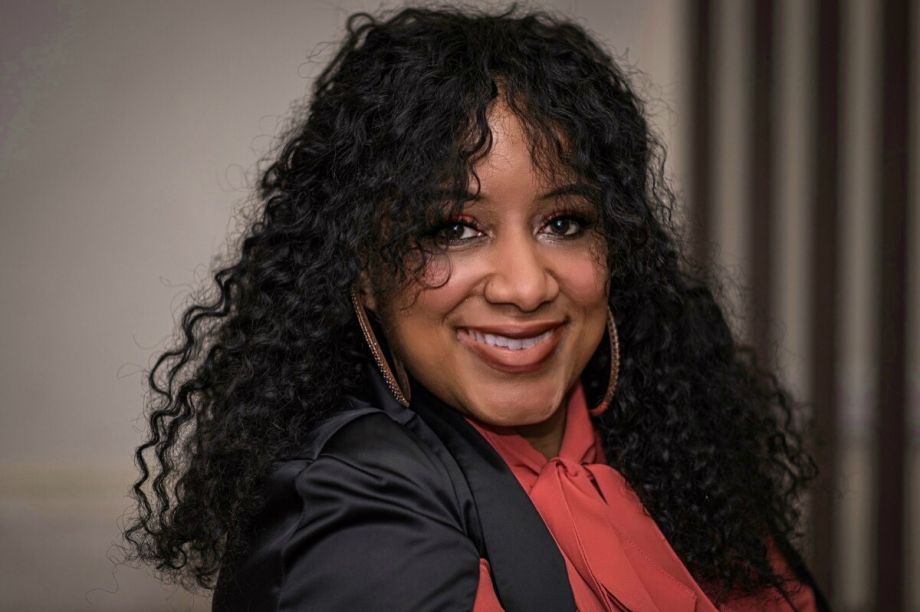
Tasnim Suleiman is the founder of Black Men Heal. (Photo courtesy Equally Informed Philly)
“What I’ve seen working with a lot of people of color, is that they’ve gone through so many layers [of trauma] they don’t even recognize it,” continued Suliaman. “If you look throughout history, you have Black men who have had their wives ripped from them and raped, you had families stripped of their namesake and their identities so you’re bred to believe that if you can get through that then you and your family can get through anything and so what we’re seeing is this intergenerational trauma that exists as it’s passed through to the point where what’s most upsetting isn’t even recognized anymore as the underlying issue.”
What has also been a deep-seated aspect intergenerationally for people of color has been a steadfast belief that their faith will carry them through any problem. While noble, experts say this too, can keep people on the back foot when it comes to seeking tangible help.
“The African American community has been bred to believe that they are bulletproof when it comes to any aspect of care,” Baptiste noted. “[They] are also skeptical about many things, especially mental health. The majority of people in the community do not believe in therapy. On top of such, religious beliefs play a huge role, convincing people that from their physical, medical to mental health, the Lord is the answer to all issues.”
Another prevailing factor is cost.
The inequities between the cost of care and what people of color can afford – by way of either out of pocket costs or what insurance is willing to cover is yet another barrier for people of color to receive consistent, long lasting therapeutic sessions. Additionally, many mental health professionals find that insurance reimbursement for mental health care is not always an easy process, leading some professionals to accept only out of pocket. It’s a gross, cyclical cycle that to some almost feels by design.
“Mental health care is expensive and a lot of people who need it are either non-insured or underinsured,” said Suliaman. “And a lot of times, mental health care providers aren’t readily reimbursed, in fact, they have a very low reimbursement rate in comparison to medical providers. So a lot of mental health care therapists, especially those working in private practice don’t even want to think about insurance, because you actually take a pay cut due to the low reimbursement rates. Even if you’re a patient with insurance you could be placed on a waiting list – but what if you need medication? Unless you have $300-$400 to pay out of pocket for a psychiatric evaluation it’s not the easiest road. To me, it’s a very unjust system pushing quality health care towards the person who can actually afford it.”
According to community based national nonprofit, Mental Health America, Black and Brown people living below the poverty line are twice as likely to report serious psychological distress but only 16 percent of Black people nationwide, roughly 4.8 million, have reported having a mental illness. With one out of every five Black people in America living in poverty, the realization of just how many remain quiet before it’s too late is harrowing.
Solutions to disrupt the evolution
Under condition of anonymity, a dispatcher working within the Philadelphia Police Department confirmed that at the time of this report, the city did not have a mobile crisis team designed to accompany officers on a call, similar to a hostage negotiator, if there’s suspected to be someone mentally unstable.
“We don’t even have questions to find out what we’re dealing with,” he said. “We take the call and judge if we need to send police or fire – or both. There’s no training or guidance for that.”
Could working with mental health professionals to come up with a series of questions for 911 dispatchers and responders curb situations like Walter Wallace, Jr.?
“It can’t hurt, but I believe it starts with the basics,” said Baptiste. “If mental health is a component of their initial training and a lot more emphasis is placed on such, then it will make more sense in incorporating it in all aspects of the force. From police officers undergoing mandatory routine psych evals to having mental health professionals in the force itself to respond to situations such as Mr. Wallace’s.”
But many believe that a peer-centered focus to care and cultural awareness when it comes to patients of color can be the guiding force in getting more of them in the door.
“If a lot of our non-profits were staffed by young men who…looked like people who had mental health problems. I think that would go a long way,” said Caterina Roman, Ph.D, a professor in the Department of Criminal Justice at Temple University. Roman’s focus is examining neighborhoods and criminal justice within those neighborhoods in efforts to suggest programmatic and policy solutions to both community-based and government agencies.
“A number of respondents in our study have said ‘I wish I had someone to talk to who I knew I could trust,’ so there’s a real need to have younger people of color getting into these fields. Also, there are not enough resources put into group therapy. Just having the ability to talk to others who look like you and can understand your experience. There’s a phrase, trauma informed care and that means many different things but it mainly means having a vehicle, having an avenue to just be able to decompress and talk about what you’re going through, what you’re feeling, what you’re witnessing, or just listening to somebody else talk about their issues and know that you’re not alone.”
It’s this ideology that fuels the care provided at Black Men Heal, which in addition to traditional therapy, teaches men how to cope through the similar, inherent stories of others like them. In a broader scope, the faces don’t always need to look the same – the ones providing help, just need to be better equipped to understand the trauma.
“There is a need for improved cultural awareness corresponding to the responsibility of mental health within the black community,” said Suliaman. “For most Black men and women who call the number on the back of their insurance card, they are routed to a list of providers and it’s a very slim to none chance that any of these providers are going to look like them. If they don’t look like me then the question becomes can they really understand my unique cultural experiences, my layers of trauma? [Clients] shouldn’t have to be responsible for educating a therapist who doesn’t understand their experience or have to convince them that their struggle is real.”
Kerith Gabriel started out as a sportswriter for the Philadelphia Daily News. He left sports to focus on issues that deeply affect Philadelphians, but really, he just loves telling a good story, regardless of genre. When he’s not prowling for a story, you can most likely find him playing soccer at Penn Park or doing the dad thing around town. Email him at kerith.a.gabriel@gmail.com or follow him on Twitter via @sprtswtr.

